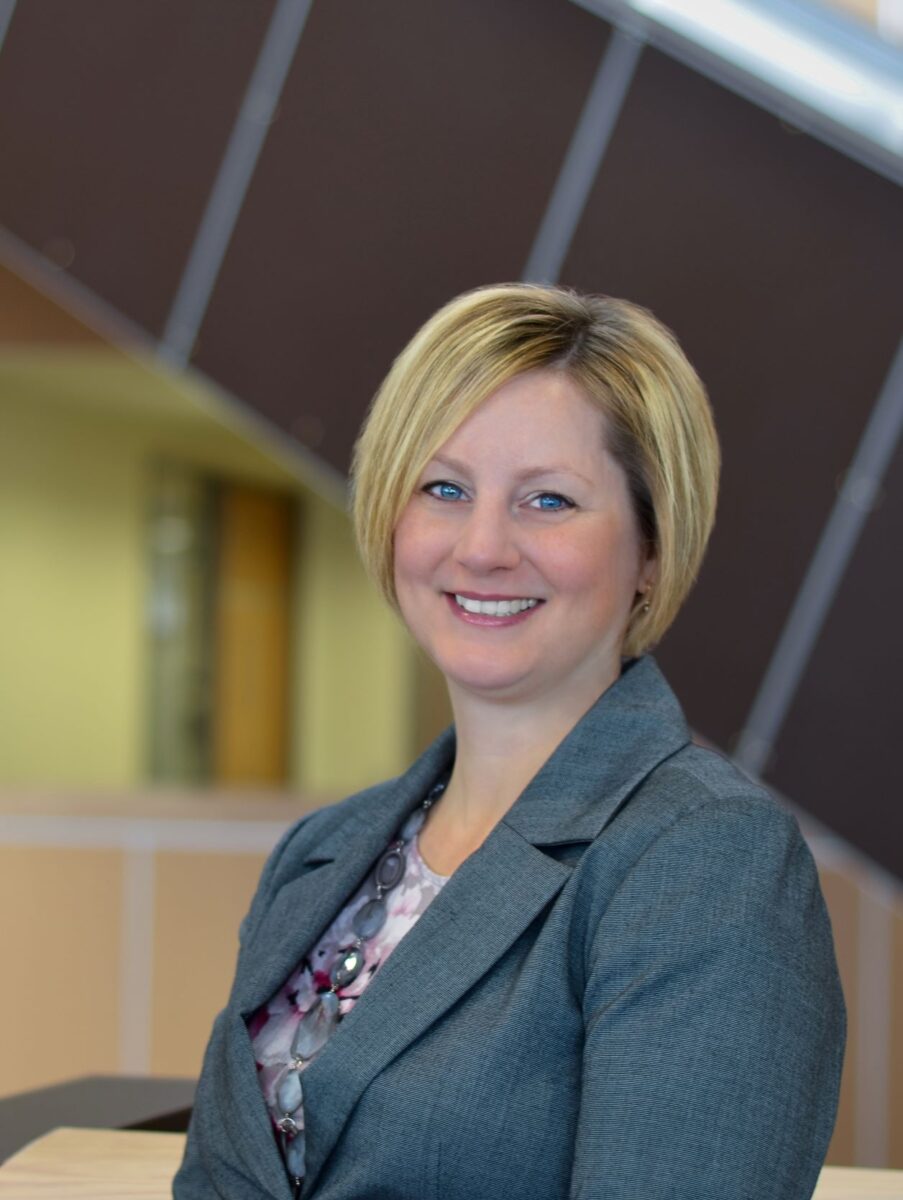Associate Professor Lisa Cranley of the Lawrence Bloomberg Faculty of Nursing has been awarded a 2024 Research Fellowship in Compassion and Artificial Intelligence from AMS Healthcare.
This one-year fellowship recognizes innovative researchers like Cranley who are poised set a new standard for compassionate leadership in healthcare, through visionary projects that aim to help care providers navigate a complex and rapidly evolving health care landscape.
For Cranley, one of the biggest questions guiding her research is how to integrate compassionate care into digital technology.
“Person-centered care is compassionate care, and for me this means ensuring that my research will support compassionate care delivery in an innovative way while being relevant and useful to the residents and family caregivers that it will serve,” says Cranley.
Her research project involves the co-development of a high-fidelity prototype of a mobile app that will support compassionate person-centered care for residents of Long-term Care (LTC) homes. The app will aim to further support residents and their family caregivers, in developing a care plan that gives residents and their families a sense of autonomy and a voice in their care provision.
“We want residents to use it to communicate their needs and preferences with staff in a guided way,” says Cranley of the idea behind her digital health app. “We hope this will support an effective way of communicating their needs on an ongoing basis, such as if they are having pain, or they want a change made to their morning care.”
A key component of the project is that the digital app will be co-designed. Through a series of workshops, Cranley will seek to understand what features will make the app most useful to the residents, family caregivers and care providers it will serve.
This digital app builds on a previous project of Cranley’s funded by the Canadian Institutes of Health Research (CIHR) that examined the feasibility of a paper-based communication tool to support resident – and family-led care planning huddles in LTC. The paper copy used a set of five guiding questions to lead conversations around resident care and to express residents needs and preferences with staff. Cranley is hopeful that utilizing a digital health app could enable the provision of compassionate, person-centered care.
“The COVID19 pandemic and its impact on LTC really demonstrated the need to create virtual and accessible options for care and communication that are inclusive of residents and their caregivers. In order for this to be implemented successfully trust and relationship building will be required,” says Cranley.
As part of the Fellowship, Cranley will be working closely with multiple partners and mentors including patient partners and Dr. Lillian Hung an associate professor at UBC’s School of Nursing. Hung is also the head of the IDEA (Innovation in Dementia & Aging) lab, and will act as Cranley’s mentor throughout the Fellowship program, sharing her knowledge and expertise in robotics and digital technology in LTC in addition to her connections to industry partners.
“The AMS Fellowship is also about leadership development, and I’m looking forward to building my own leadership capacity in digital innovation,” says Cranley, “expanding my program of research and experiential learning with leaders in the field of digital technology and LTC will prove beneficial to the future of care of older adults.”
